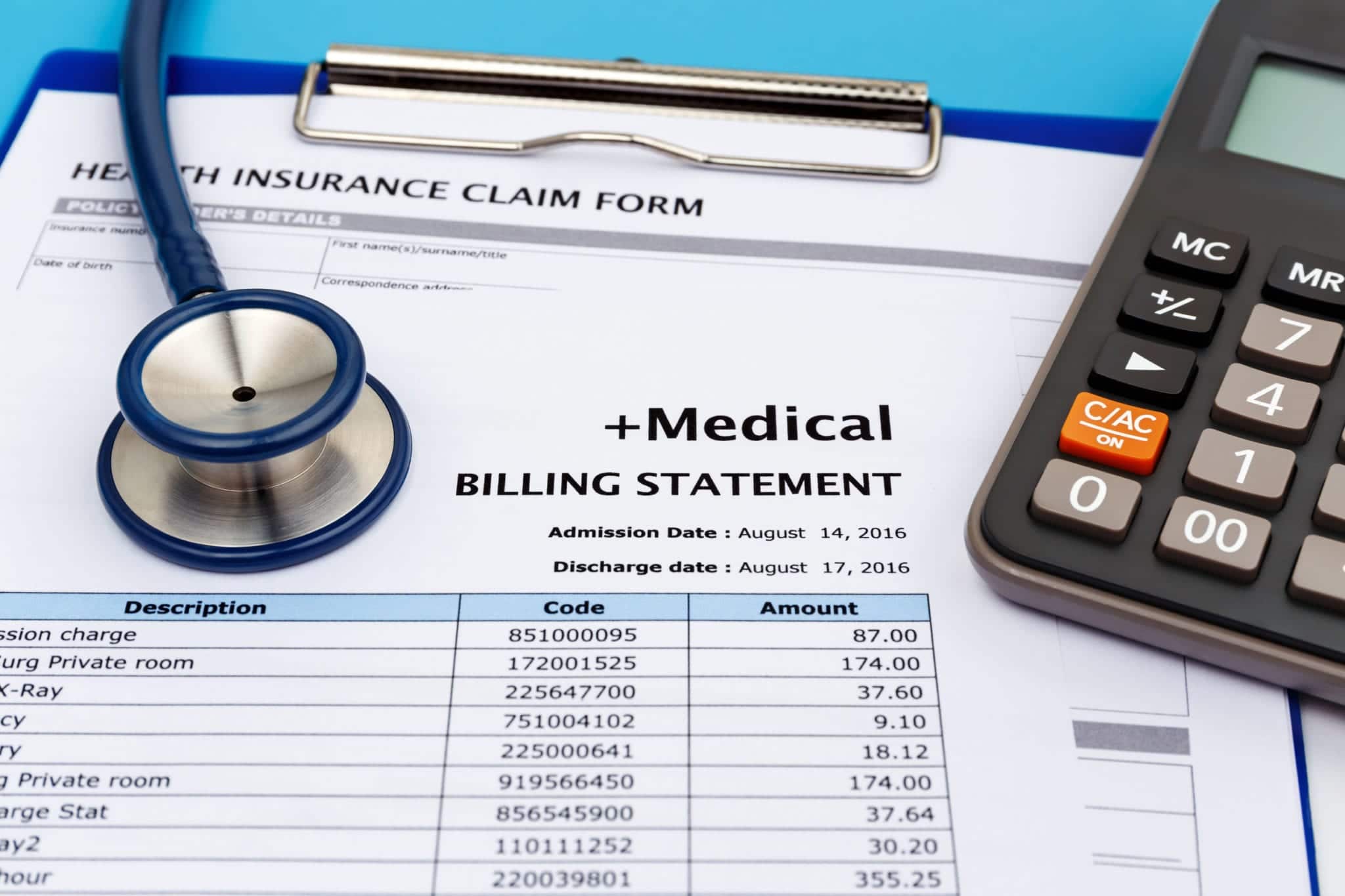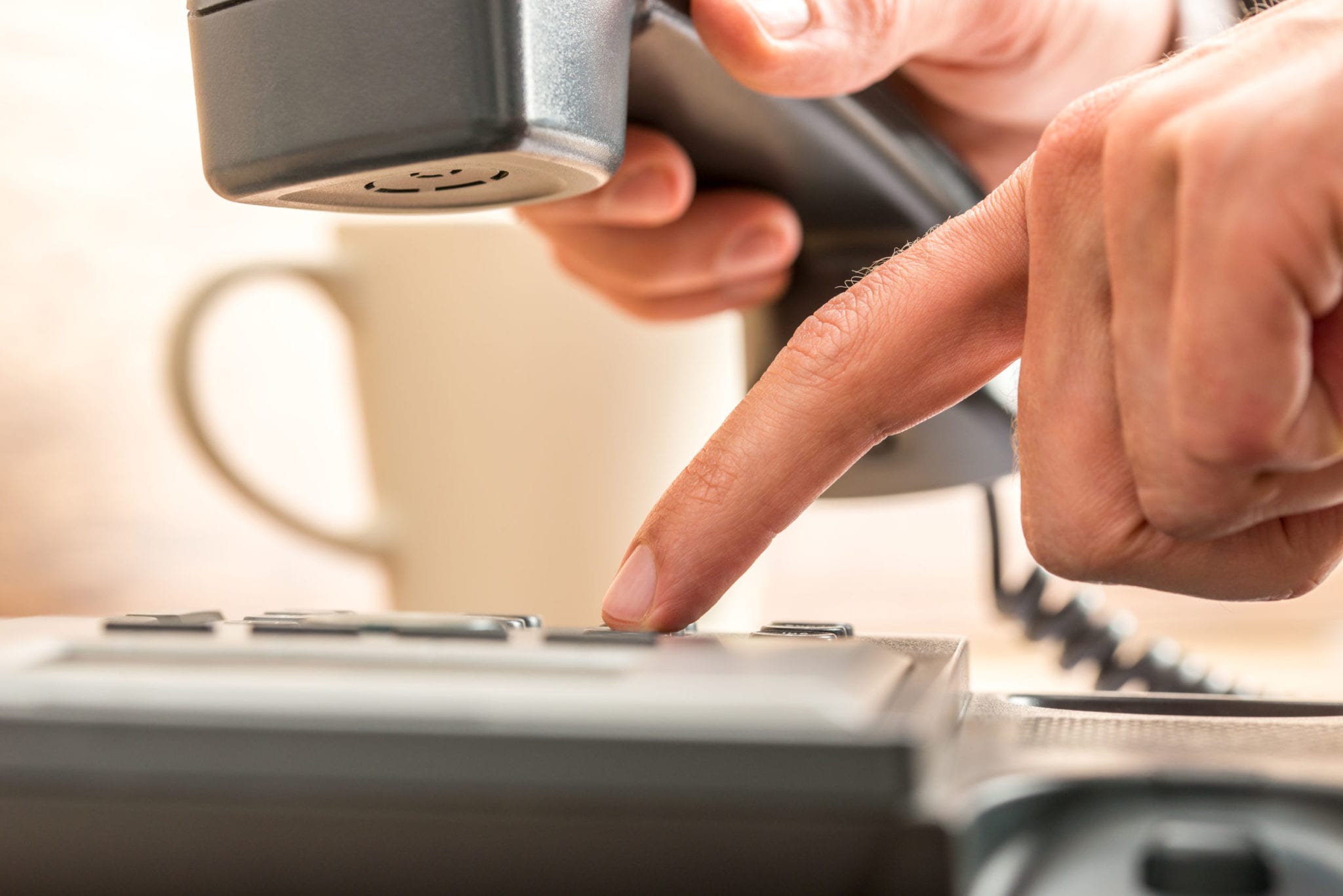
Healthcare fraud is a common occurrence in Minnesota and can take many different forms. In this post, we’ll detail the most common types of healthcare fraud and let you know how to get help if you have been accused of committing a crime.
Common Ways Minnesotans Commit Healthcare Fraud
The list of healthcare crimes is lengthy and diverse, because a complicated system leaves room for many loopholes. Here are the typical reasons someone can be charged with committing healthcare fraud in Minnesota.
Performing unnecessary tests
A doctor may order tests that aren’t medically necessary to collect extra money from a patient and/or insurer.
Overutilizing services
A healthcare provider can take advantage of a hypochondriac patient or a patient with chronic illnesses and bill for more tests and exams than are needed.
Misrepresenting procedures
A doctor or surgeon may perform a procedure and bill it as medically necessary when it was intended for cosmetic uses.
Misrepresenting details
If the dates of service, service locations, or provider names are falsified for financial gain, fraud charges can apply.
Billing without providing service
A healthcare provider may bill patients for services that were never provided. They may commit identity theft to falsify an entire claim. This is the most common type of healthcare fraud, occurring in thousands of cases every year.
Billing for different services
A healthcare provider may bill for a different procedure that costs more than a standard procedure. This is known as upcoding, which can be added to several different treatments for additional revenue.
Billing separately
In many cases, the treatments received during a single doctor visit or hospital stay are bundled together into one bill. However, fraud can occur if a healthcare provider bills each portion separately when it should have been billed together.
Duplicate billings
A healthcare provider may try to bill multiple times for the same procedure or treatment to collect additional payments.

Overbilling
A healthcare provider may attempt to bill the patient for more than the contractual agreement for services, such as prepaid services. Another method of this type of fraud is waiving the co-pay or deductible for the patient but billing the insurer when the practice is not allowed. Yet another method is billing a non-covered treatment as a covered treatment.
Kickbacks
It is against the law for healthcare providers to accept payment for patient referrals, but some may try to do so for financial gain. Kickbacks were the cause for 20 percent of healthcare fraud services in 2016.
Working without a medical license
Anyone who attempts to provide medical services without a valid license in the state of Minnesota can be charged with fraud.
Forgery
Any false signature on medical documents can be charged as fraud. This situation applies when a licensed physician signs a form as proof of treatment even though an unlicensed person performed the procedure. Fraud charges can also apply for false signatures on prescription orders.
Unnecessary prescriptions
This is a growing area of fraud, as more doctors are being convicted of contributing to the nation’s opioid crisis with false prescriptions. This creates a chain of fraud between the drug’s distributor, the doctor, and the patient.
How an Experienced Attorney Can Help You
If you have been accused of committing healthcare fraud in Minnesota, your first call should be to a skilled healthcare fraud attorney with a successful track record in these types of cases who will understand which defenses will work best for you.
Common defenses to healthcare fraud include the following:
- Lack of sufficient evidence
- Lack of knowledge
- Lack of intent
- Duress
For any healthcare fraud case, the prosecution has the burden of proving beyond a reasonable doubt that someone knowingly made a false statement. This false statement must be connected to a bill, payment, or insurance claim.
Penalties for healthcare fraud crimes are based upon the value of what was taken or what was attempted to be taken. Additional civil penalties may be added to a jail or prison sentence, fines, and possibly probation or community service.
As you can see, these types of charges are incredibly serious, and there are a wide variety of actions you can take that qualify as healthcare fraud. Moreover, although a high percentage of healthcare fraud does involve those who work in healthcare, regular people can and do get charged with this crime.

If you are worried that you are being investigated for healthcare fraud or that you might have engaged in a behavior that could constitute this type of crime, the best thing you can do is to talk to a legal professional about the details of the situation and what options are available to you.
About the Author:
Christopher Keyser is a Minneapolis-based criminal and DWI defense attorney known for fighting aggressively for his clients and utilizing innovative tactics to get the most positive results. He has been featured in numerous media outlets due to the breadth and depth of his knowledge, and recognized as a Minnesota Super Lawyers Rising Star (2014–2015), a Top 100 Trial Lawyer (2013–2015), and a Top 40 Under 40 Attorney (2013–2015).





